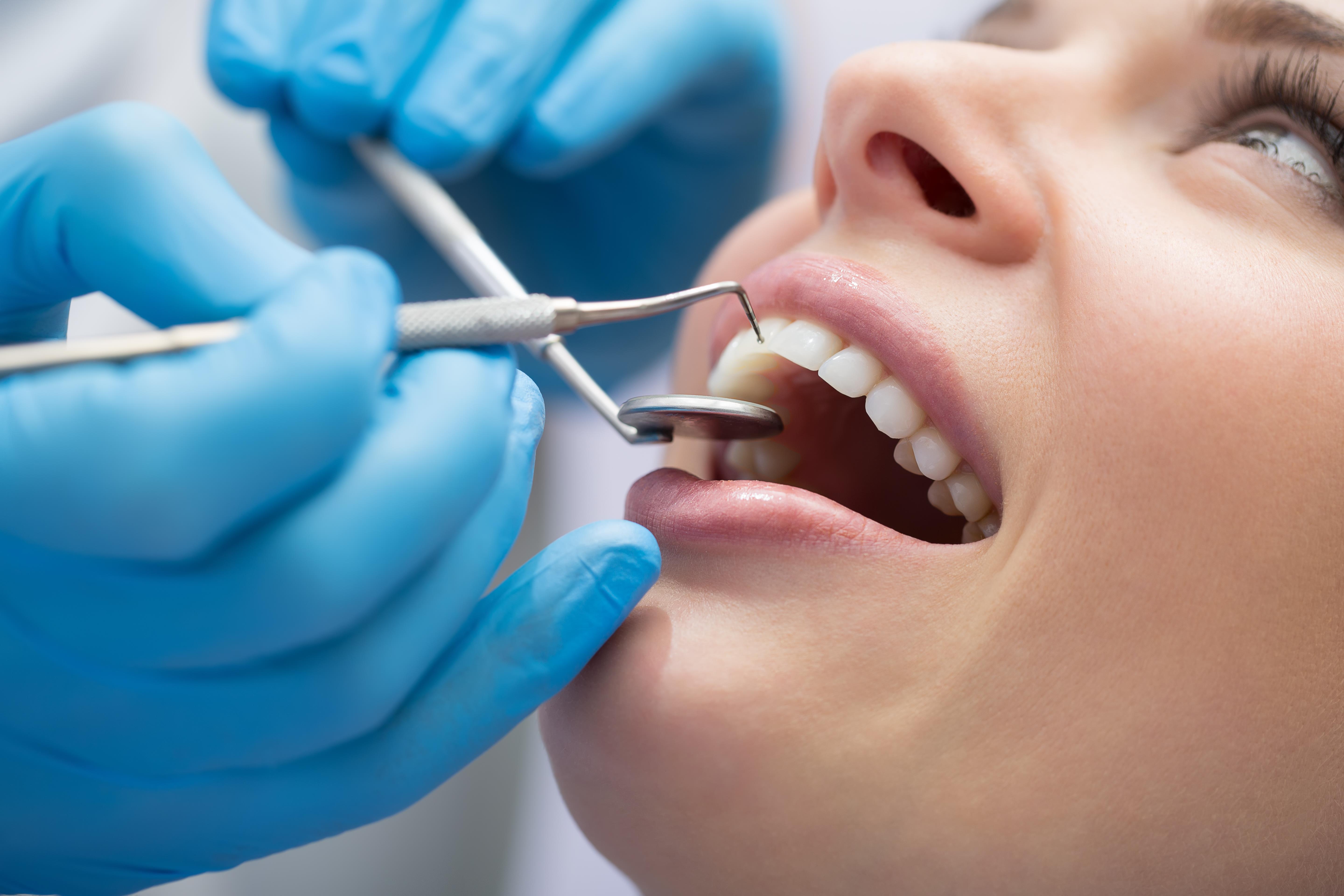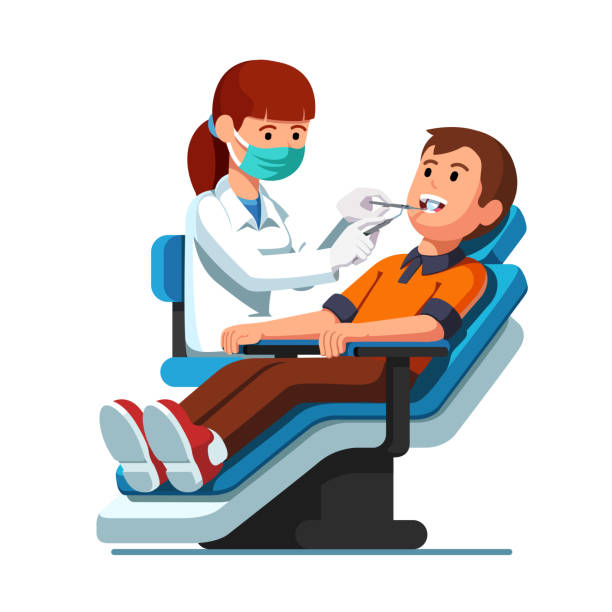Common Questions Concerning Oral Veneers Addressed
Oral veneers have actually come to be a significantly in-demand choice for those looking to improve their smiles, yet lots of individuals remain unsure about different facets of their use. Key concerns typically arise relating to the application procedure, longevity, and prospective risks connected with these aesthetic improvements. Furthermore, the distinction in between porcelain and composite veneers can substantially influence one's option. As we explore these common inquiries, it comes to be important to take into consideration not just the benefits however additionally the implications of selecting dental veneers in quest of an extra confident appearance. What factors should one evaluate before making such a decision?
What Are Oral Veneers?
Dental veneers are slim, tailor-made coverings crafted from porcelain or composite material that are developed to cover the front surface area of teeth. These dental prosthetics serve both useful and aesthetic objectives, supplying a remedy for various dental imperfections, including staining, chips, gaps, and imbalance. By adhering to the teeth, veneers can dramatically enhance the overall look of a smile, creating an extra uniform and appealing appearance.
Porcelain veneers are especially preferred for their all-natural translucency and tarnish resistance, making them a perfect selection for people looking for long-lasting results. On the other hand, composite resin veneers are usually less costly and can be used in a solitary go to, yet they may not supply the very same toughness as porcelain alternatives.
The choice to opt for oral veneers typically stems from a wish for visual improvement, however individuals should likewise think about factors such as the long life of the material, upkeep demands, and the potential requirement for tooth decrease (Veneers). Ultimately, dental veneers represent a reliable and versatile option for achieving a radiant smile, dealing with specific aesthetic requirements while advertising self-confidence and self-confidence
Just How Are Veneers Applied?
The application procedure for veneers needs cautious planning and precision to make certain optimal results. The treatment typically starts with an extensive examination, where the dental professional assesses the individual's dental health and wellness, goes over preferred results, and identifies the proper kind of veneers, whether porcelain or composite resin.
As soon as the therapy plan is developed, the dental professional prepares the teeth by getting rid of a slim layer of enamel, usually regarding 0.5 mm to 1 mm, to suit the veneer. This action is critical as it guarantees a proper fit and protects against the veneers from showing up large - Low Cost Veneers. After preparation, impressions of the teeth are required to develop customized veneers that match the patient's distinct dental framework and aesthetic preferences
While the long-term veneers are being produced in a dental research laboratory, short-lived veneers might be put to safeguard the prepared teeth. Once the permanent veneers prepare, the dental practitioner will meticulously bond them to the teeth utilizing a strong dental adhesive. Final modifications are made to ensure proper alignment and bite, followed by polishing for an all-natural look. The process culminates in a follow-up consultation to check the veneers' fit and the individual's satisfaction with their brand-new smile.
What Are the Advantages?

Furthermore, veneers are known for their longevity and resistance to discoloring contrasted to natural teeth. Made from high-grade materials such as porcelain or composite resin, they can maintain their look for several years with proper treatment. This longevity look at more info makes them a functional investment in one's dental appearance.
In enhancement to visual enhancements, veneers can likewise add to improved dental health. By covering damaged or compromised teeth, they can supply added assistance and defense, helping to stop further decay or wear and tear. This safety facet can decrease the requirement for extra substantial oral procedures in the future.

How Much Time Do They Last?
With correct care and maintenance, dental veneers can last anywhere from 10 to 15 years, making them a lasting service for enhancing one's smile. The long life of veneers mostly depends on the material made use of, the quality of the first positioning, and the person's adherence to oral hygiene methods.
Porcelain veneers are recognized for their resilience and resistance to discoloration, normally lasting closer to the 15-year mark when taken care of suitably. Composite veneers, while more budget-friendly, may require substitute earlier, often within 5 to ten years due to their sensitivity to put on and discoloration.

Furthermore, putting on a mouthguard during sporting activities or nighttime can offer extra security. Eventually, while veneers offer a significant aesthetic enhancement, their durability is considerably affected by the dedication to appropriate oral treatment and normal appointments with a dental specialist.
Exist Any Type Of Dangers?
Taking into consideration the transformative impacts of oral veneers, it's vital to recognize the have a peek at this site prospective dangers connected with their application. While veneers can improve the appearance of teeth, the treatment involves the elimination of a slim layer of enamel, which can boost tooth level of sensitivity and susceptability to decay.
One considerable danger is the possibility of inappropriate placement or suitable, bring about pain, bite imbalance, and even damage to the underlying tooth framework. In addition, if the veneers are not maintained effectively, they can end up being tarnished or cracked in time, requiring substitute.
Clients may likewise experience allergies to the products used in the veneers, particularly if they have level of sensitivities to certain dental compounds. While veneers are resilient, they are not indestructible; too much pressure from grinding or squeezing can lead to fractures.
It is important for patients to talk to a qualified oral specialist to review their individual dangers and to comply with aftercare guidelines faithfully. By comprehending these risks, individuals can make educated decisions concerning their dental veneer therapy and make sure the durability and success of their improvements.
Final Thought
In summary, oral veneers stand for a beneficial cosmetic remedy for improving smiles, with considerations concerning their application, benefits, longevity, and associated threats. Their effectiveness is affected by variables such as the option of material, with porcelain offering remarkable sturdiness compared to composite choices. Correct treatment and maintenance are necessary to take full advantage of the lifespan of veneers. Eventually, notified decision-making concerning dental veneers can lead to satisfying aesthetic results and improved dental health and wellness.
Oral veneers are thin, tailor-made shells crafted from porcelain or composite material that are made to cover the front surface area of teeth. After prep work, perceptions of the teeth are taken to create custom-made veneers that match the person's unique oral framework and aesthetic preferences.
While the long-term veneers are being made in an oral laboratory, short-lived veneers may be placed to secure the ready teeth. Once the permanent veneers are my review here all set, the dental professional will carefully bond them to the teeth using a strong oral adhesive. Inevitably, notified decision-making concerning dental veneers can lead to sufficient aesthetic end results and enhanced oral health and wellness.